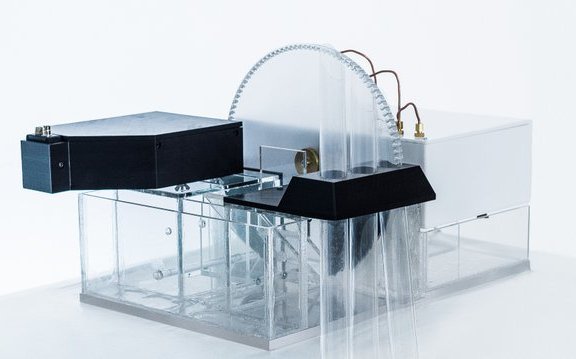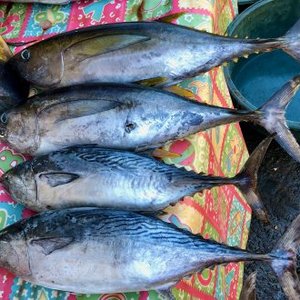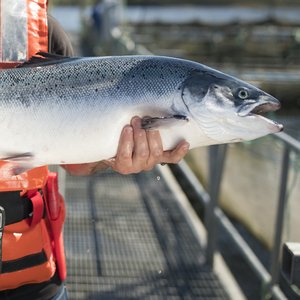GenetiRate, Inc. unveiled an automated system that sorts 125,000 eyed eggs per hour employing a patented test that identifies fast-growth fish.
The test, first published in the Journal Zebrafish, has since been applied in Atlantic salmon eyed eggs, rainbow trout eyed eggs, tilapia embryos, Pacific and Kumamoto oyster spat, and skeletal muscle biopsies from multiple aquatic species. It consistently allows producers to sort fast from slow growing individuals and has been shown to improve growth in the next generation when applied to broodstock.
The automated sorter allows for application of this test in up to 125,000 eyed eggs per hour. This sorting occurs at the same time as eggs are sorted to remove dead individuals, fitting easily into the egg handling schedule. Benjamin Renquist, GenetiRate’s co-founder, said that “because we GenetiRate salmonids at the eyed egg stage, the GenetiRate test is the first to identify fast-growing fish prior to feeding. Accordingly, GenetiRate’s measure of growth is independent of food intake.”
Although the automation is currently only applicable to salmonids, Kyle Kentch, GenetiRate’s co-owner and director of technical, explained that the “next focus is towards developing a sorter that can be applied in non-salmonid species.” GenetiRate is pleased to continue offering manual sorting services in non-salmonid species until an automated sorter is available.
This early sorting based on growth potential allows for subsequent selection based on other traits of interest which may include immune challenges, disease resistance, color or filet yield. Application in broodstock selection will provide genetic gains that will compound across generations, while applying this test to production animals will allow for producers to eliminate slow growing individuals before investing time, feed and tank space.
Renquist was raised on a cattle and field crop farm and has a desire to help agriculture producers improve production and profitability. Although his research focus is on obesity, he has spent eight years developing and validating a test that can be applied to sort fast from slow growing fish in his University of Arizona laboratory. In June 2018, he brought it to market through GenetiRate, Inc.
More information here.













